Roman Mythology
-

Cupid is often visualized as a cherubic infant with a bow and arrow, but this image has evolved over time. Before the Romans embraced and renamed him, and long before he became synonymous with Valentine’s Day, Cupid was originally known as Eros, the handsome deity of love in Greek mythology. Cupid in Greek Lore One…
-
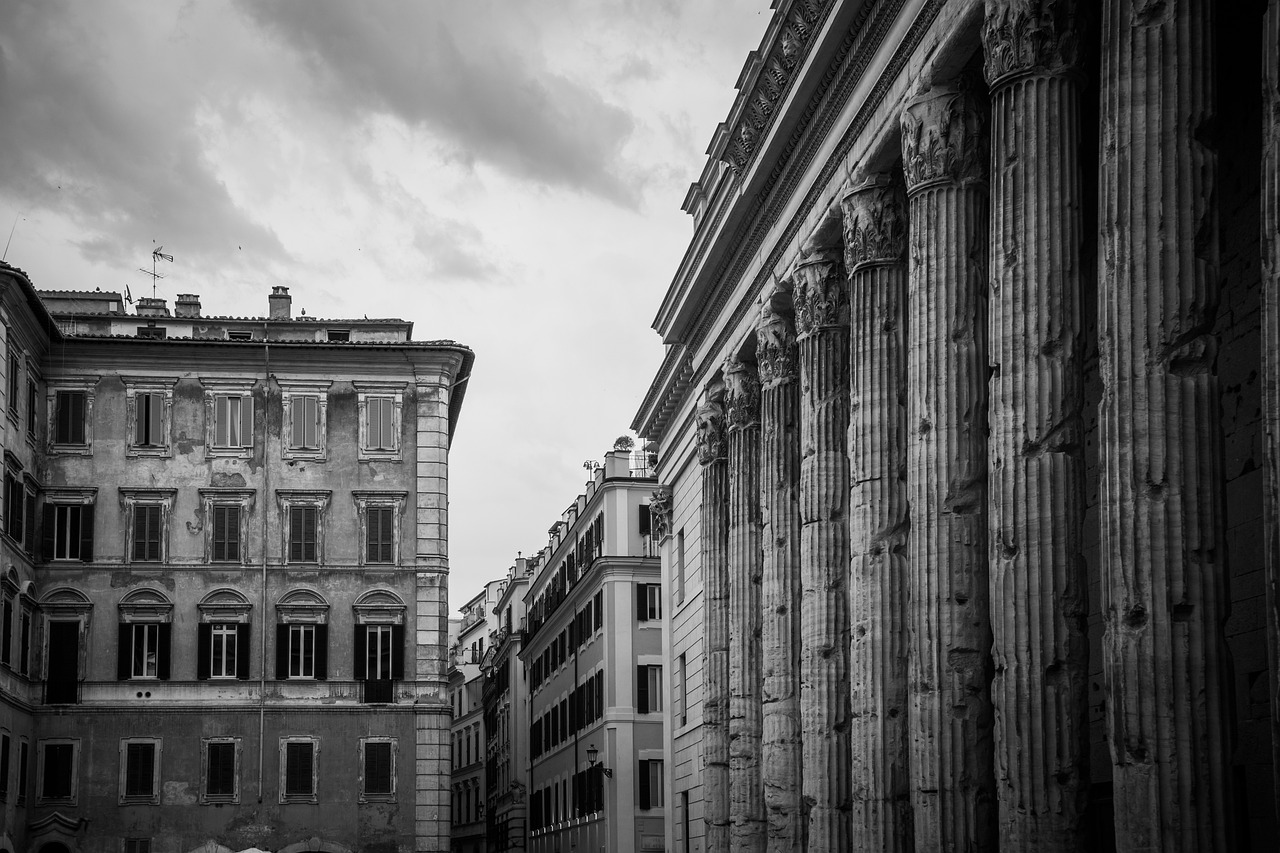
Overview of Jupiter in Roman Mythology Jupiter, known as Iuppiter in Latin, held the esteemed position of the paramount god within the Roman and Latin pantheon, overseeing the skies, weather, and the principles of order and state governance. His characterization closely aligns with the Greek god Zeus, revealing a shared lineage in mythology and iconography,…
-

After enduring a tumultuous period marked by political instability, civil conflicts, and the assassination of key figures, the Roman Republic ultimately fell, giving way to an era of significant peace and prosperity known as the Pax Romana, or “Roman Peace.” This phase commenced with Augustus ascending as the first emperor of Rome in 27 B.C.…
-
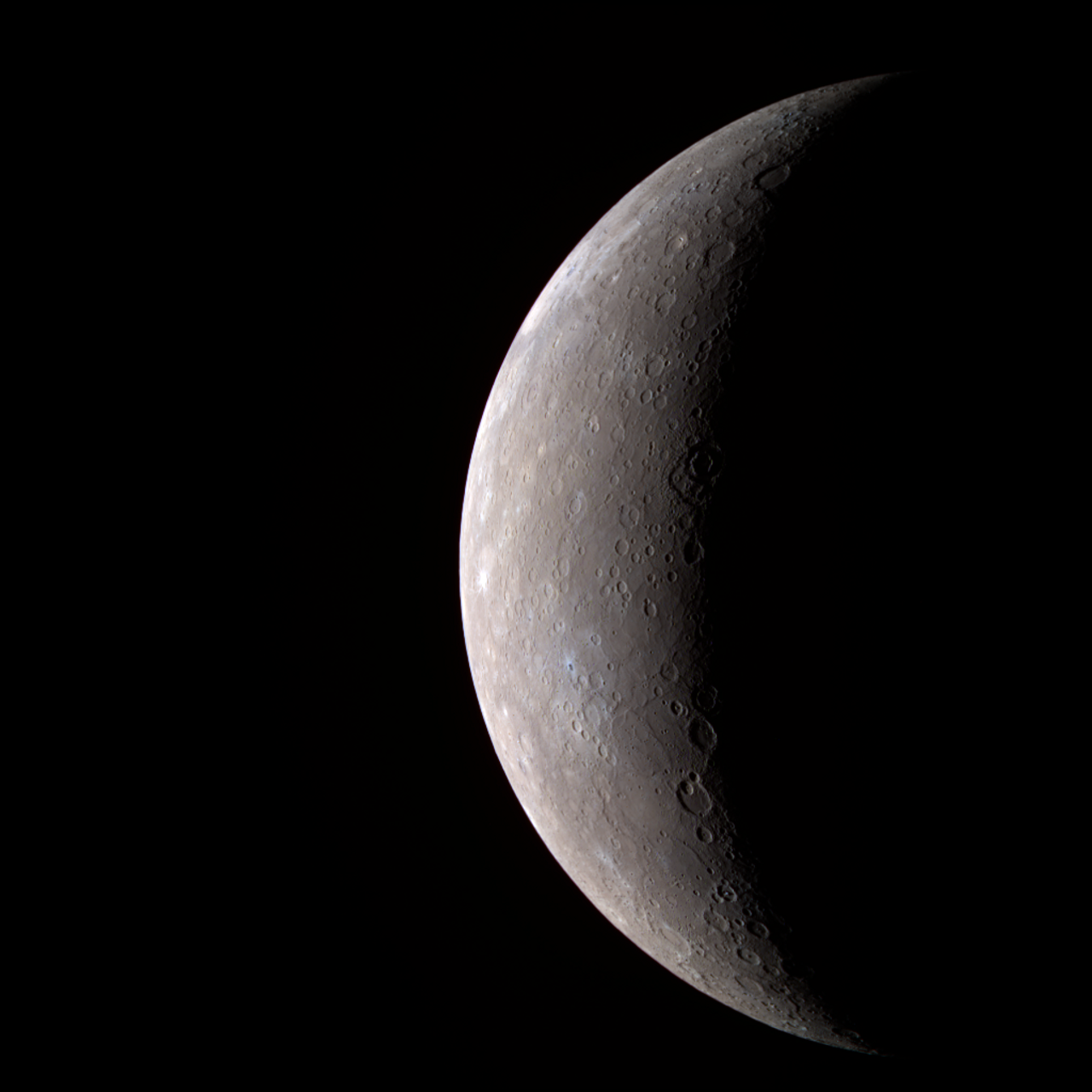
Mercury and Its Mythological Significance Mercury stands out as the smallest planet in our solar system and also holds the distinction of being the closest planet to the Sun. Its orbital revolution around the Sun takes merely 88 days, which makes it the fastest-moving planet in our celestial neighborhood. Its visibility as a bright object…
-
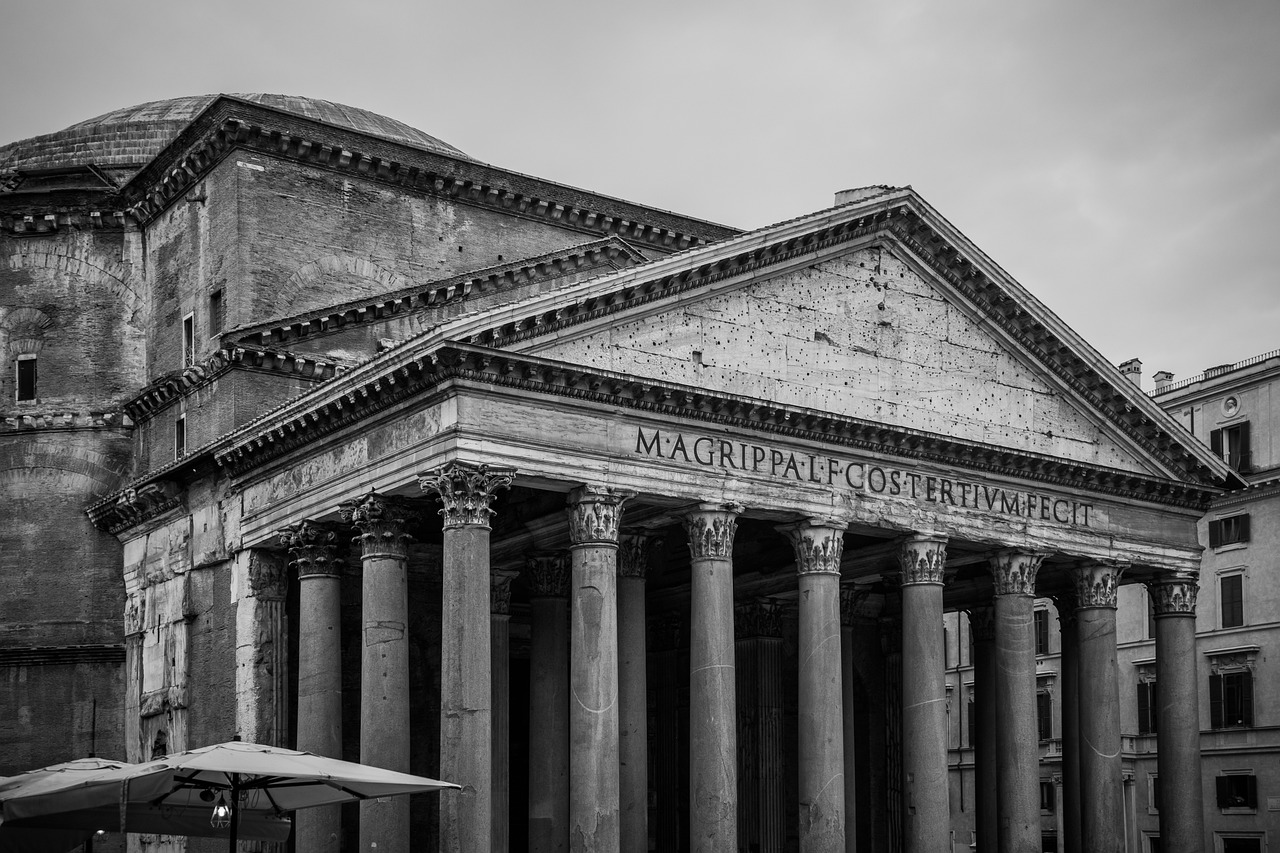
Mors, the ancient Roman god associated with death, is sometimes referred to as Letum or Orcus. His presence in mythology is often aligned with the Greek deity Thanatos and the Etruscan god Charun. Although not widely honored, Mors holds a unique place in the pantheon of Roman mythology. In artistic representations, Mors is characterized by…
-
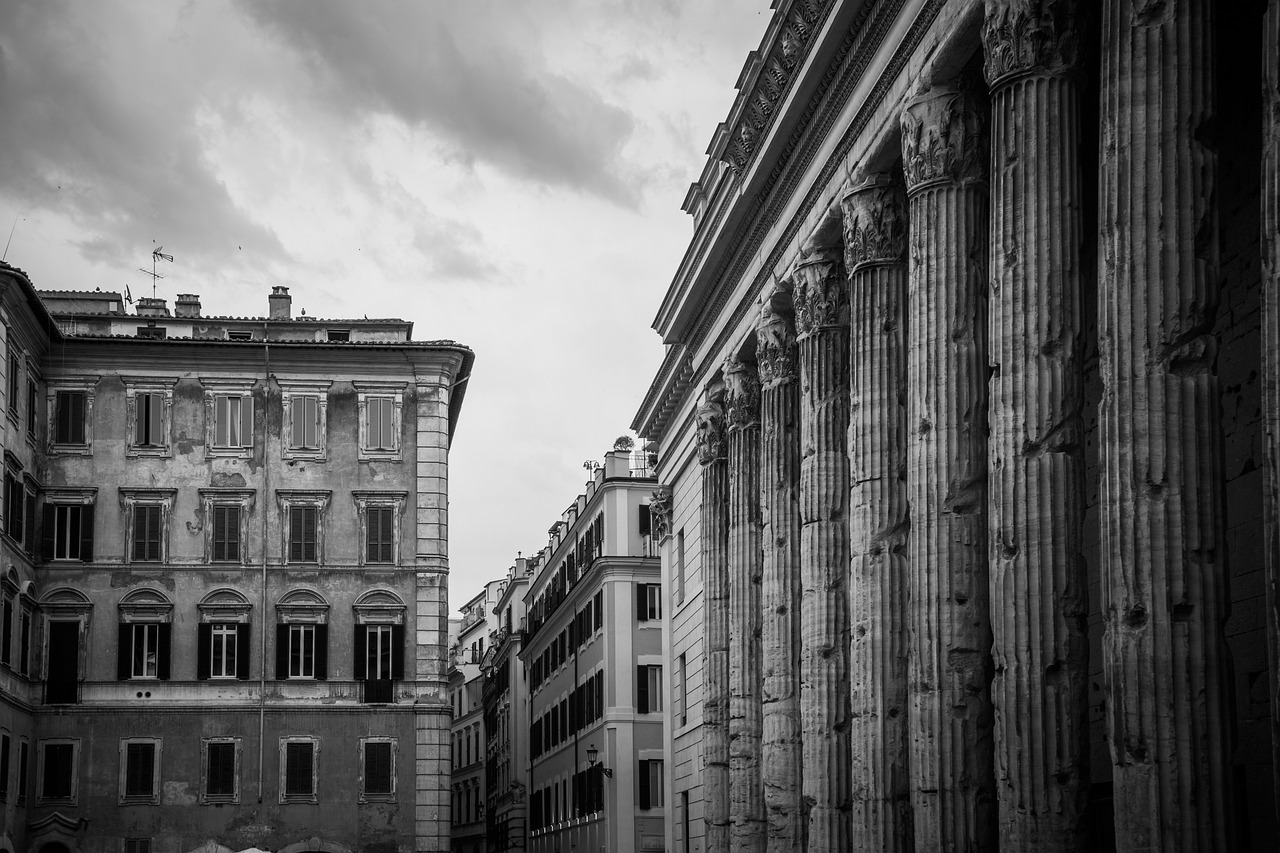
Roman Religion: Beliefs and Practices in Classical Antiquity Roman religion, also known as Roman mythology, embodies the beliefs and practices of those inhabiting the Italian peninsula from ancient times until the rise of Christianity in the 4th century. According to Cicero, a prominent orator and politician, the Romans distinguished themselves with a unique wisdom that…
-

Greek mythology predates Roman beliefs, yet the two share similar deities, including Hestia from Greek tradition and her Roman equivalent, Vesta. Both goddesses preside over the hearth, symbolizing the warmth and safety of the home. Born to Rhea and Kronos, Vesta, like Hestia, was swallowed by her father. In an interesting twist of fate, she…
-
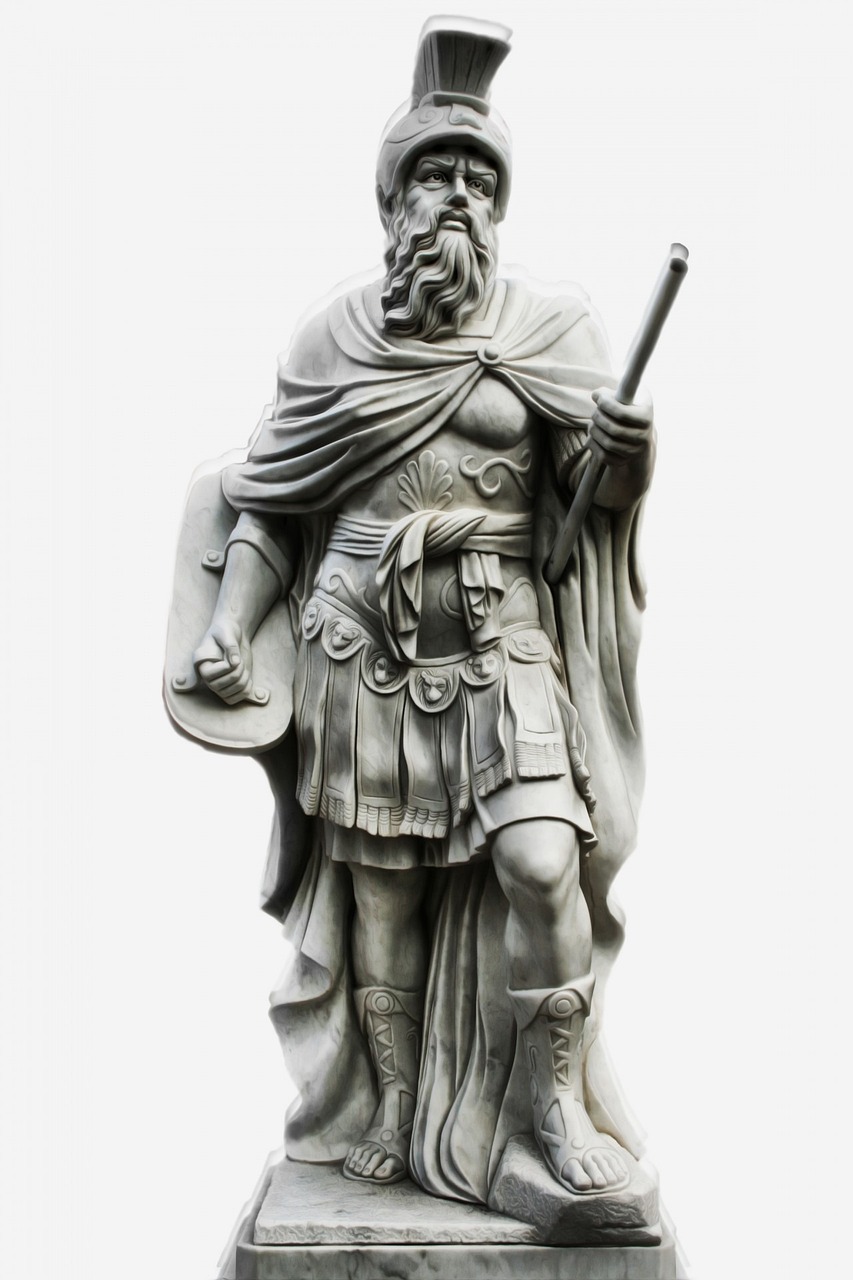
Roman Religion: Beliefs and Practices through Time Roman religion, spanning from ancient times to the rise of Christianity in the 4th century CE, encompasses the beliefs and rituals practiced by the inhabitants of the Italian peninsula during Classical antiquity. Renowned orator Cicero remarked on the Romans’ exceptional wisdom in recognizing that all things exist under…
-
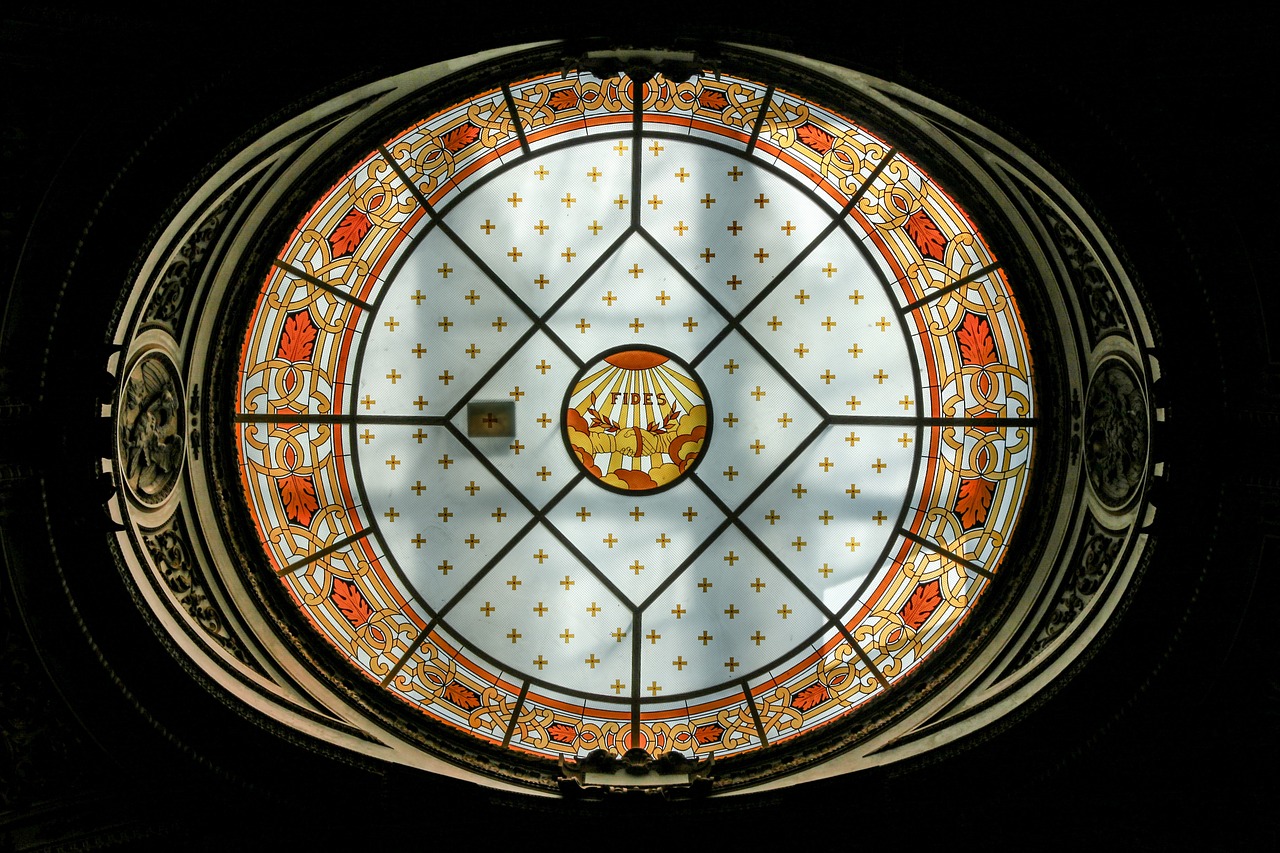
Understanding Fides: A Key Concept in Ancient Roman Culture Fides, deeply ingrained in ancient Roman society, signifies the ideals of trust, loyalty, and steadfastness. This principle was essential not only in personal relationships but also in the overarching fabric of societal interactions. It represents a commitment to honor relationships with family, friends, and the state,…



